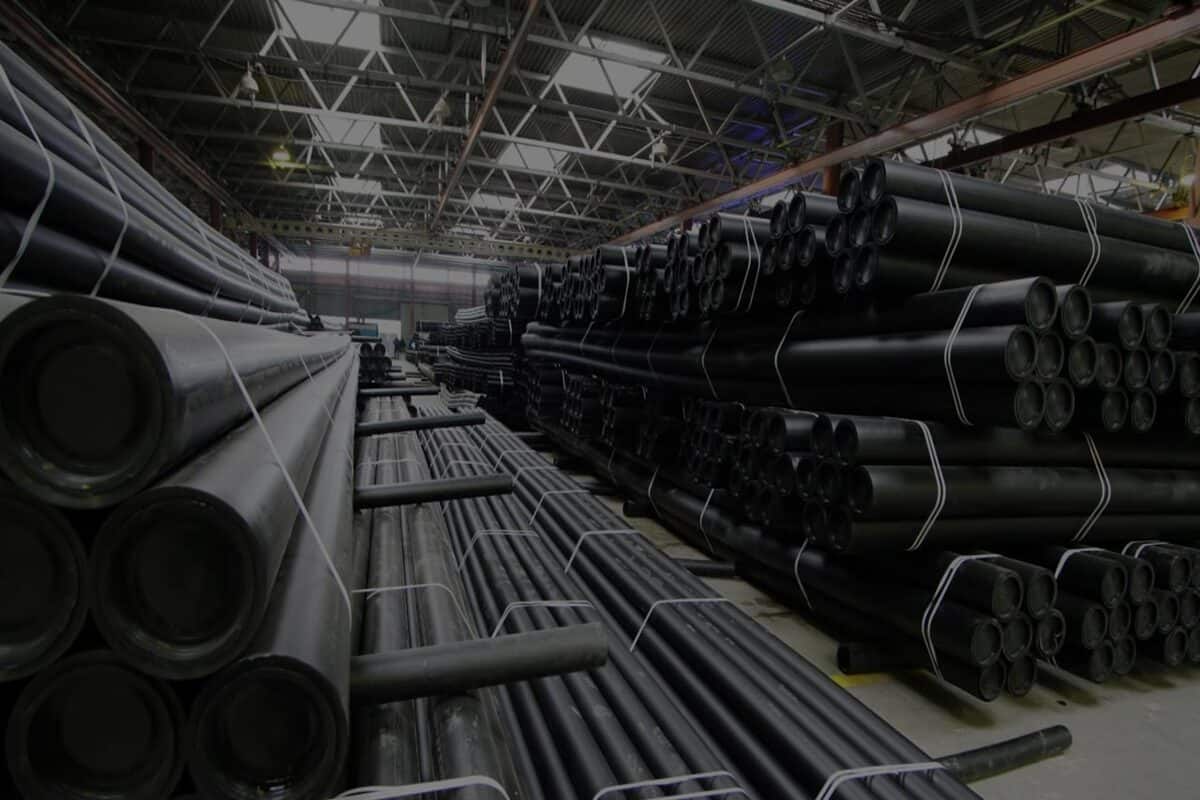
Steel suppliers and contractors are the backbones of most businesses. They bring innovation and quality to your business. Suppliers provide more than raw materials and ancillaries. They also can influence market health, product development, and competitiveness. Since industrialisation, the steel industry is the backbone of machinery. It’s difficult to imagine a world without steel. There are many steel types that can be used in the construction of small and large-sized tools, as well as big finished machines. The same consumes this steel from suppliers, and finding a professional supplier is difficult. It is possible to assess supplier professionalism using five criteria. These five measures are quality, reliability, agility, credibility and competitiveness. Although quality is a priority for savvy customers, it does come at a cost. Often steel suppliers are selected based on low prices. For both sides to be successful in business relationships, it is important to create a win/win situation. Go to the following website, if you’re searching for additional information regarding steel stockholders near me. [read more]
Machine manufacturers should assess the steel suppliers’ quality policies and technical abilities to maintain the same standard of quality for each order. It is important to review the client list of suppliers and determine the quality of the steel received. Steel quality is measured in terms of carbon content in it. Many methods and instruments are available to assess steel quality, or the supplier. The steel company, which is well-respected and established, has a great customer satisfaction history. You can get more information from its top-ranking management about its credibility. Steel suppliers with a longer history of business understand and comply with manufacturer requirements. Talking with their clients will give you a better idea of vendor credibility. Trust is crucial in a business relationship. It is important to establish good relationships by being reliable. Reliable steel suppliers follow the Just in Time philosophy. They will deliver the exact quantity of goods you need at the correct time, and they will do so with great quality. It also reduces the cost of storage and handling at the manufacturers’ end. Large suppliers are often more reliable than small-volume vendors. Big companies have the resources to provide backup systems and source of funds so that they can still fulfill their responsibilities.
Sometimes, however, smaller companies proved to be more responsive due to businesses’ “bigger is better” nature. Steel industry has more variables and uncertainties than ever. The technology cycle moves at an unprecedented pace. It is important for vendors to be able to adapt to market changes. In order to respond to new opportunities, technologies, strategies and changes in government laws and market requirements, the supplier must be just as agile as you. When implemented in the manufacturing environment, agility also reduces lead times. Comparatively, competitiveness is the ability of a country, a sub-sector, and firm to sell or supply goods and/or services on a given market. It is the best indicator of whether the business relationship will last longer or end in a few years. It is possible that the steel supplier is able to react quickly to changes. But, is it possible to deliver the product at the same or lower price? Can the vendor retain the same quality, while maintaining its agility & credibility? Many times, suppliers are driven by original equipment manufacturers (OEM). [/read]



